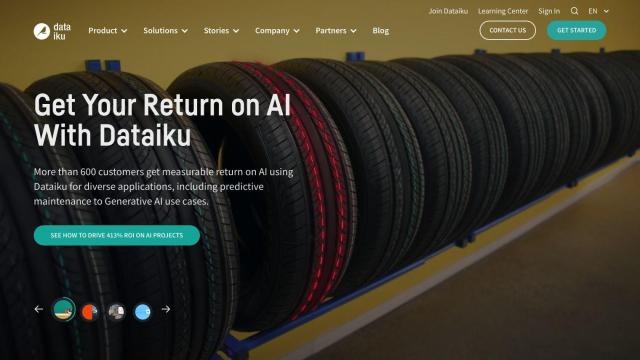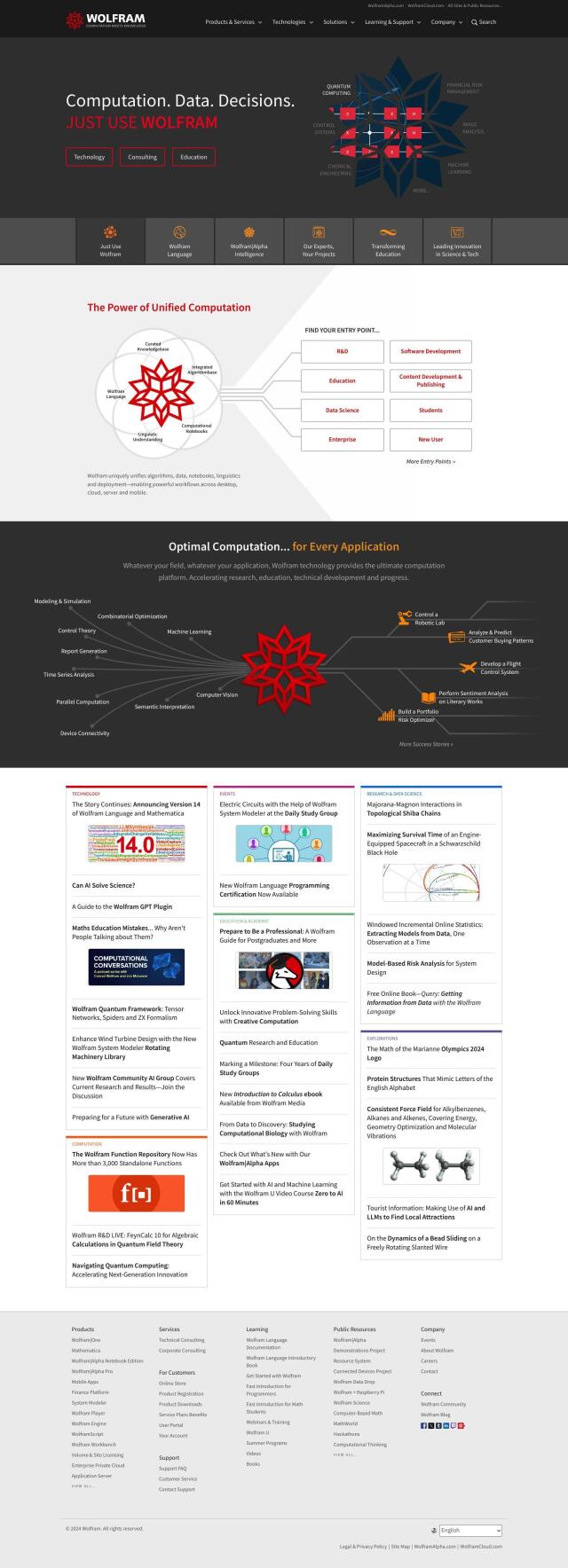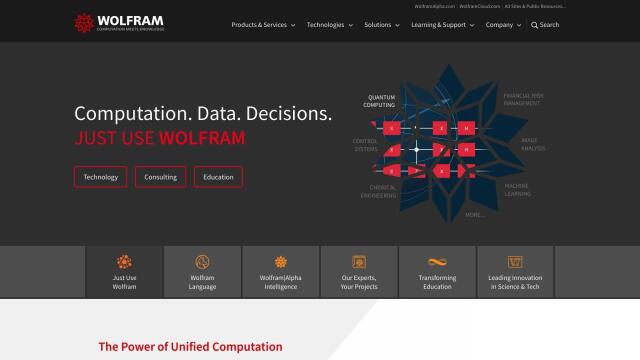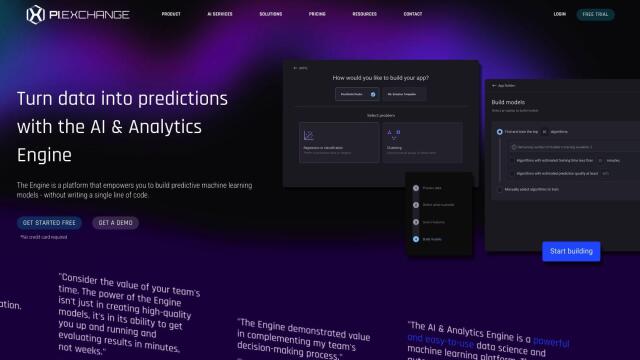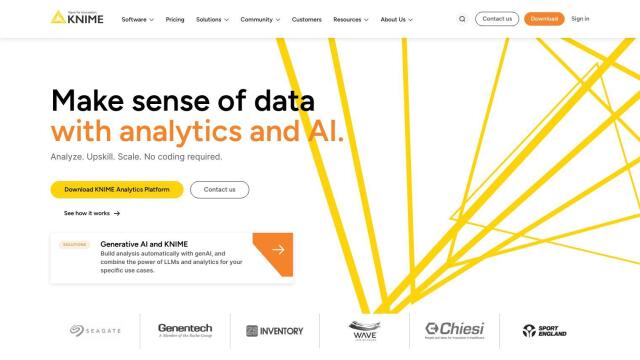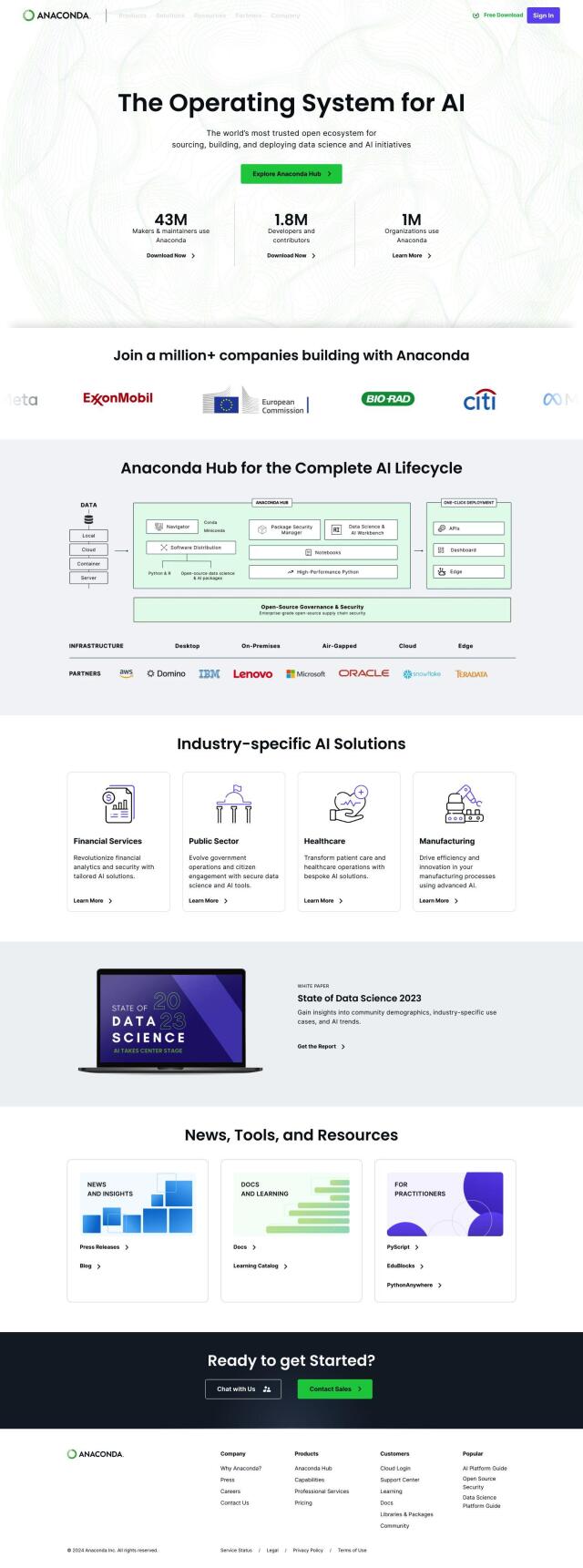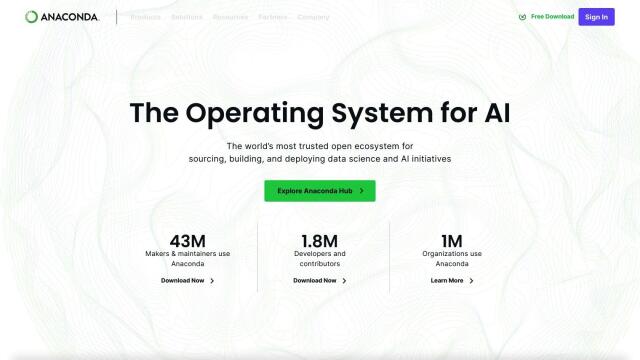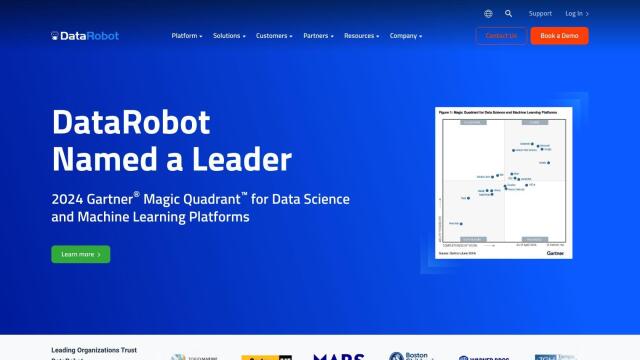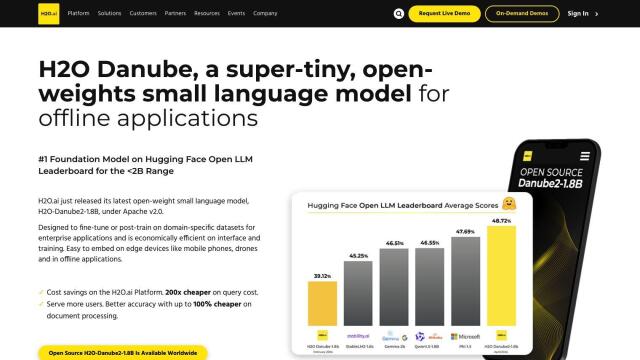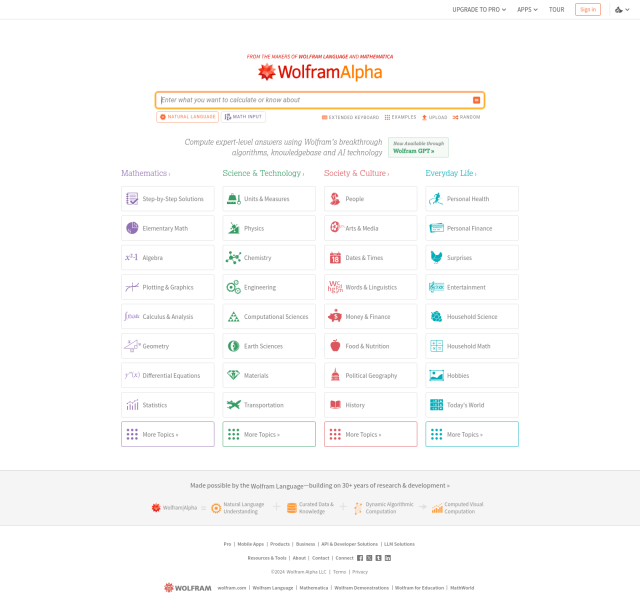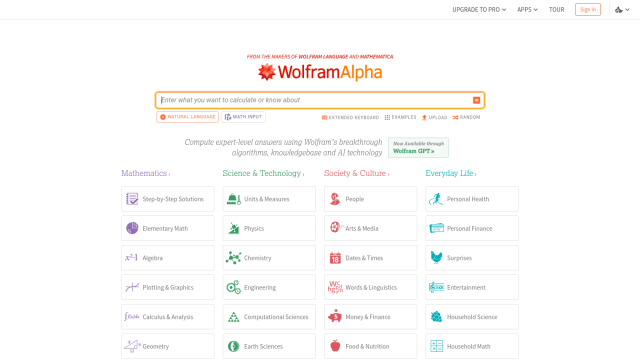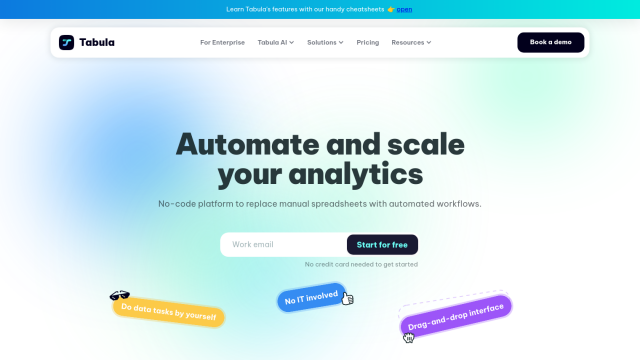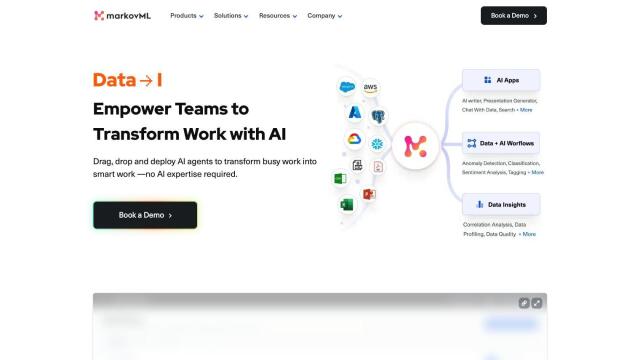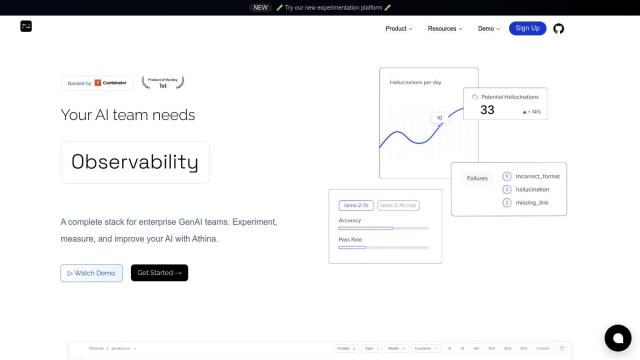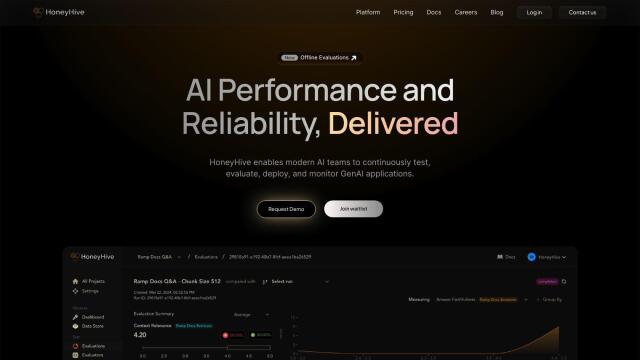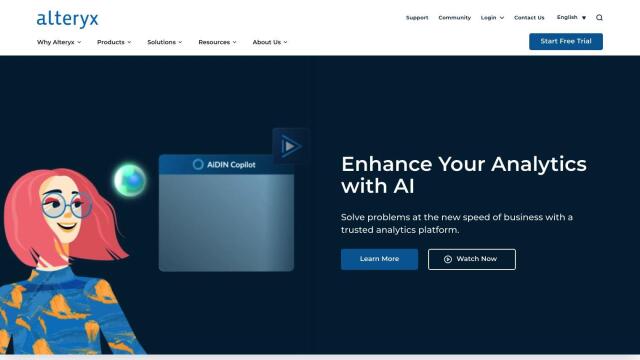Question: I need a technical computing platform that provides reproducibility features, such as recording changes and re-running batch jobs, for my research projects.

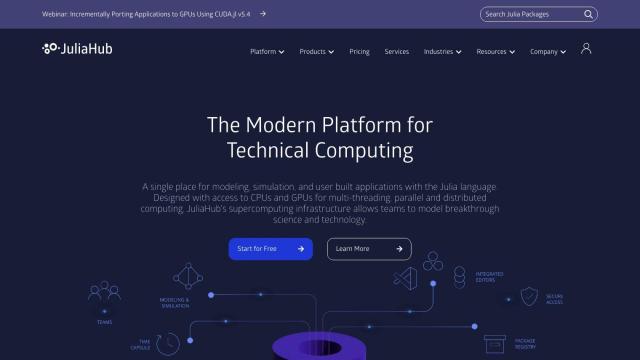
JuliaHub
If you're looking for a technical computing foundation that's geared for reproducibility, JuliaHub is a top contender. It's a platform for advanced modeling and simulation that can handle parallel and distributed computing with the Julia language. JuliaHub has version control and archiving tools so you can track changes and archive projects, which is great for research projects where reproducibility is important. It also lets you collaborate in real time with other coders and integrate with tools like ChatGPT to get coding help.

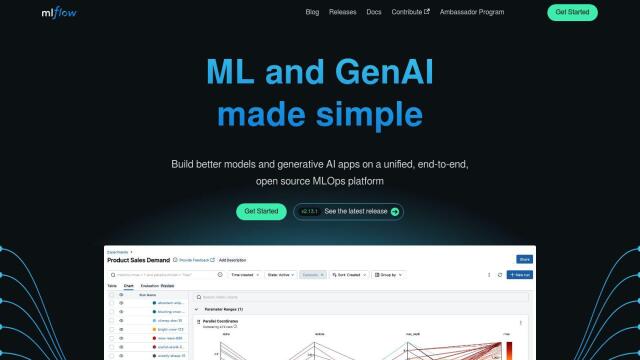
MLflow
Another contender is MLflow, an open-source MLOps tool that makes it easier to develop and deploy machine learning and generative AI models. MLflow has good experiment tracking and model management, which can be important for reproducibility in research projects. It supports several deep learning and traditional machine learning libraries, so it's adaptable to a broad range of scientific computing tasks.

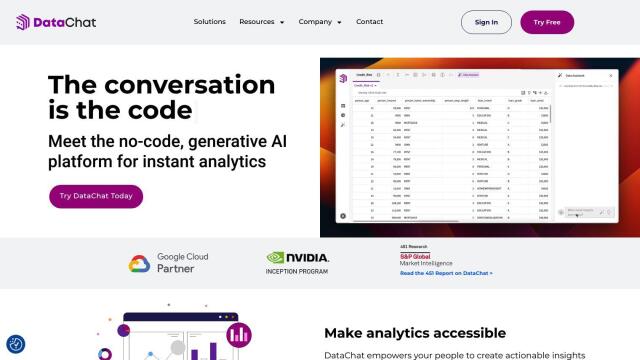
DataChat
If you need something that's no-code, DataChat is a generative AI platform that lets you analyze data without having to write any programming code. You can upload data, ask questions, and get answers generated by AI. It also keeps a record of all the steps of the analysis, so you can easily reproduce your results, which is great for reproducibility in research projects.

